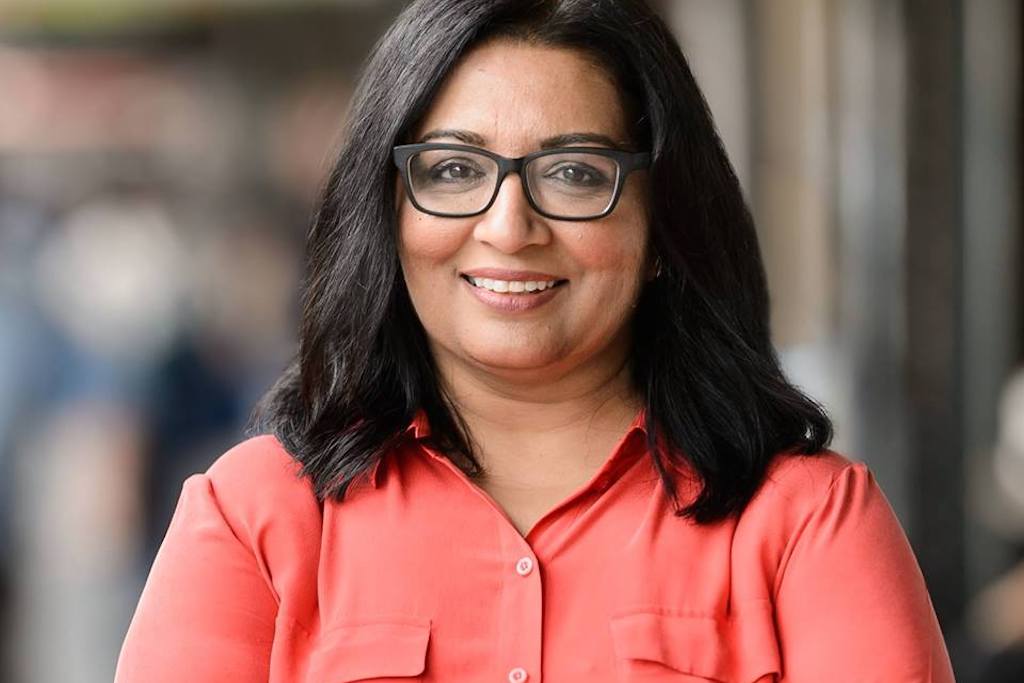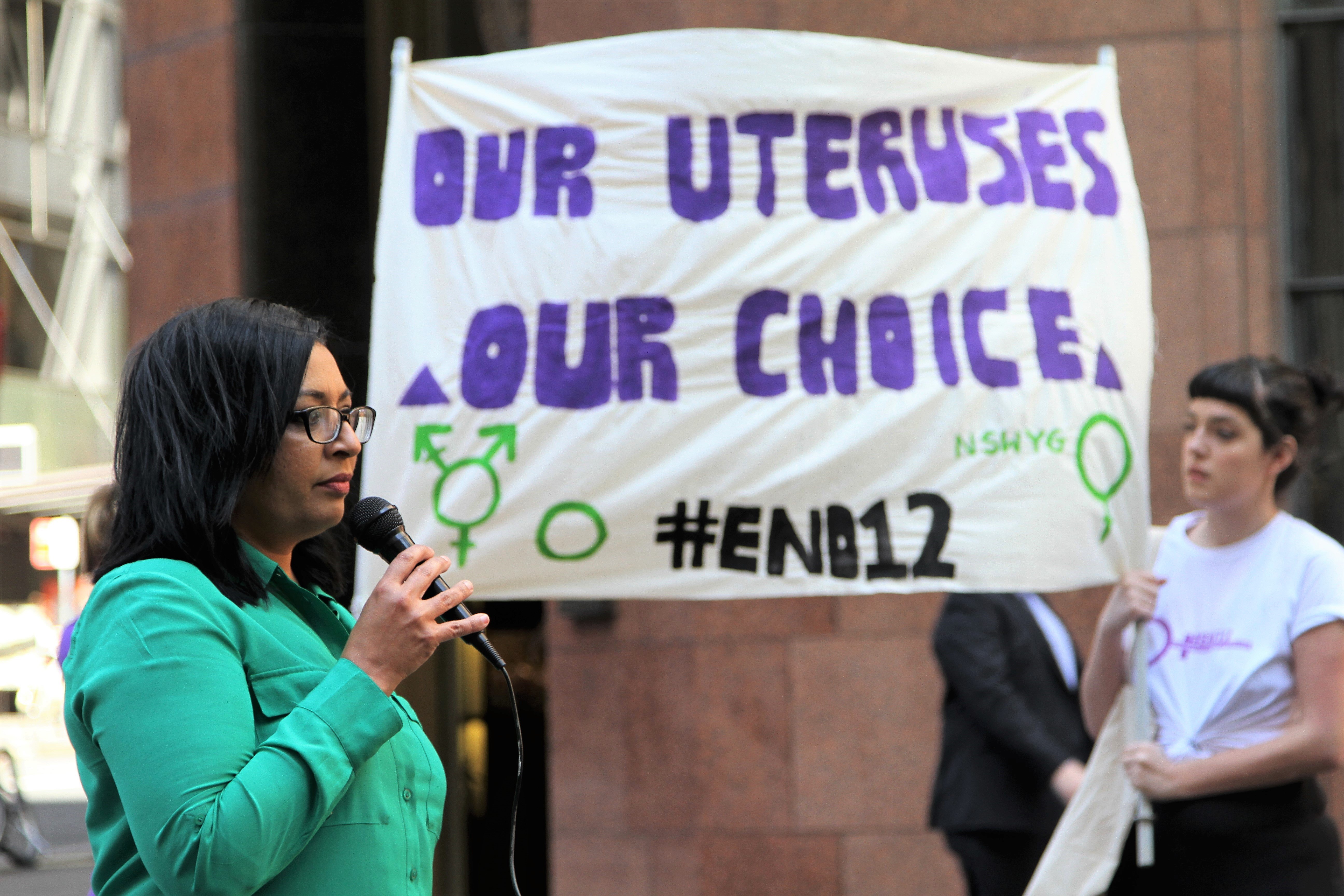This International Women’s Day, It’s Time For Men To Shut Up
What role should men play in the feminist movement?

This year’s International Women’s Day theme, ‘More powerful together’, is a call for men, women and gender diverse people to work together for equality.
At a time when rabid men’s rights activists are seeking to destroy feminism, what does working for gender equality look like? I, for one, have always been unsure about the role of men in a feminist movement.
After all, we’ve seen the skin deep nature of groups such as White Ribbon, where men are celebrated for merely pinning on a ribbon as a symbol of their support. It is not tokenistic gestures like this that will end gender based violence, create equal pay for equal work, and make sure that women have the unambiguous right to choose. It is concrete actions that will change the culture of misogyny and patriarchy. To do this, men who call themselves feminists or allies have to step up to the task.
It is crucial that your feminism isn’t performative but wholly unassuming. It cannot shut out women’s voices, especially those that are traditionally sidelined by mainstream movements — the voices of women with disability, trans women, Aboriginal and Torres Strait Islander women and other women of colour.
Calling yourself a feminist and acting like one are two completely different things. When I brought the first ever bill to decriminalise abortion and create safe access zones outside reproductive health clinics to NSW parliament in 2016, there were quite a few male MPs who claimed to be pro-choice but were unwilling to support a law that gave women the complete right to make decisions about their own bodies. ‘It goes too far,’ they said, and voted against it.
“Solidarity requires a willingness to listen, learn and — crucially — shut up.”
If men can’t support the very basic right of bodily autonomy for women, then they are nothing more than pretend allies.
Pretend allies aren’t just in parliaments. Women know all too well that one doesn’t have to go looking for them on social media either. For every Tweet or Facebook post on an issue that affects women, there are dozens of men who will pop up solely to contribute three words: ‘Not All Men’.
The myriad variations of this phrase are often cloaked in a very sincere sounding tweet or a ‘helpful’ Facebook comment. Too many flagbearers of the #NotAllMen crowd identify as supporters of women’s rights. Yet, their patronising behaviour persists. They are unable to accept that actually this movement isn’t about them. It’s about us.
Responding to these defensive comments, which side-track the conversation away from women’s issues, takes up a lot of time and energy. I’ve mostly found myself rolling my eyes and moving on, but this year’s IWD theme has got me thinking about what it would take for these self-professed allies to make a genuine difference.
What Role Should Men Play In The Feminist Movement?
A good place for them to start is to not expect accolades for doing what is right. During our campaign for reproductive autonomy, there were many men involved whose faces and names you never saw or read. These were people who wrote letters, started petitions, helped tape up posters and took the photos rather than squeezing themselves into the frame.
Solidarity requires a willingness to listen, learn and — crucially — shut up. It means being ok with staying behind the scenes and leaving the space wide open for women to take centre stage. It means not hijacking conversations on women’s issues. It means calling yourself a feminist, not only where it draws praise, but in the male-dominated spaces where it matters most: the locker rooms, cabinet meetings and boardrooms from which women are excluded.
With the mainstreaming of feminist rhetoric, it is very easy for men to say what’s expected, wear the right t-shirt and put the popular frame on your profile picture. It’s far more difficult to give up the benefits of patriarchy.
Privilege is deeply ingrained, almost unconscious and people, perhaps understandably, get uncomfortable for being called out. But for equality to become a reality, we need a rebalancing of power.
A true ally must willingly give up privilege and show an eagerness to listen and stand alongside, not on behalf of them. In other words, it would be far more useful if, instead of just talking the talk, men just steadily walked the walk.
Only then can ‘More Powerful Together’ be more than just a catch phrase.
Mehreen Faruqi is a Greens Senator for NSW, and the party’s spokesperson on the status of women. She tweets @MehreenFaruqi.

